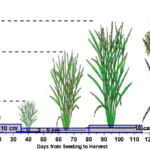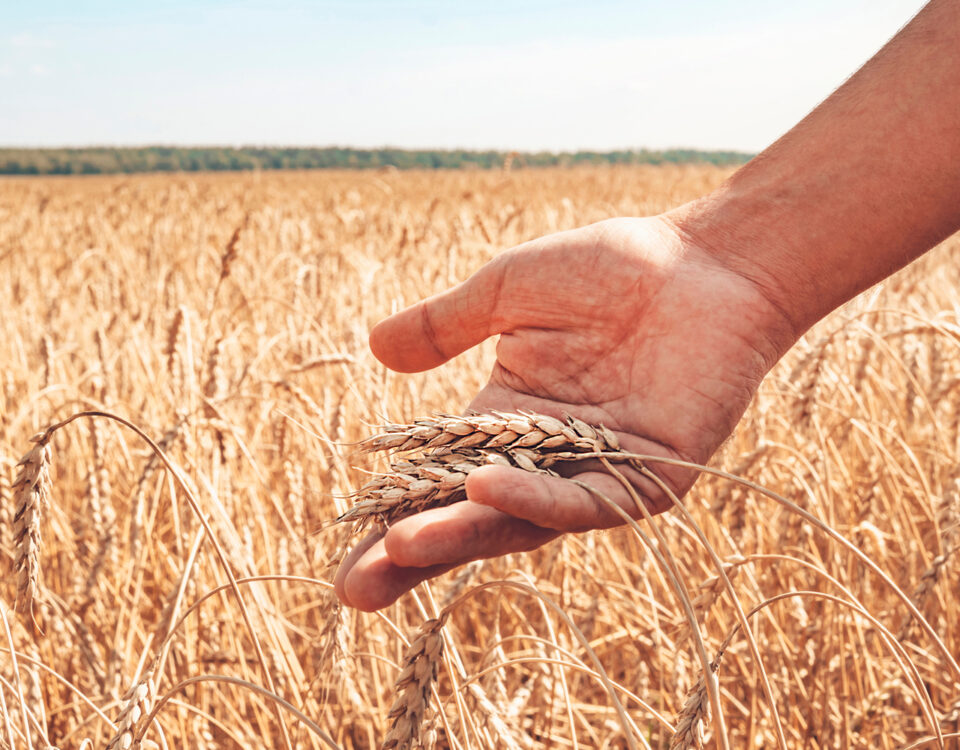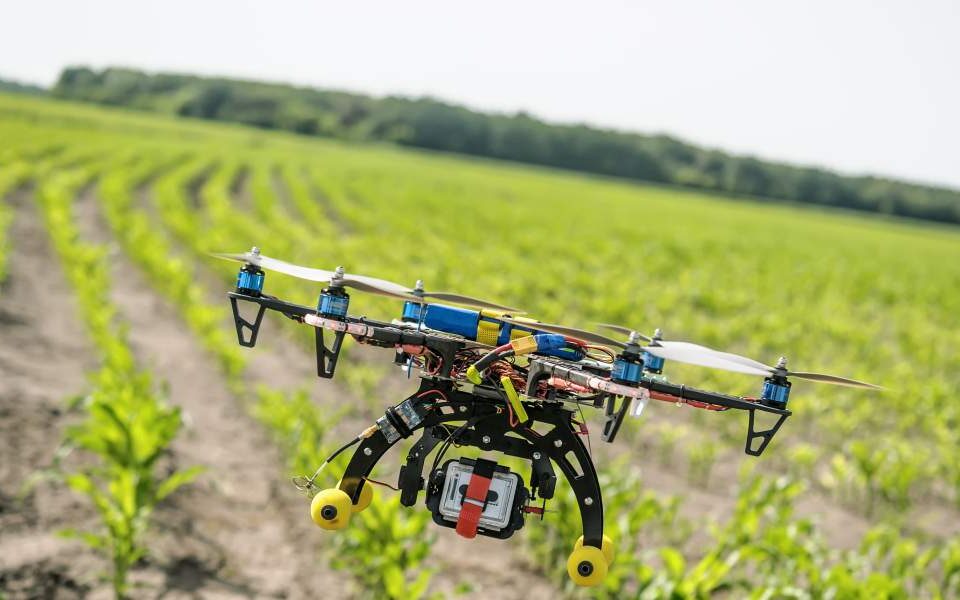
Water Needs of Rice Plants Throughout Their Growth Stages
July 31, 2024
Flower Management Enhancing Health and Yield in Cotton Crops
August 1, 2024Agriculture is the backbone of Sindh’s economy, playing a crucial role for its people. It is also vital for the economy of the entire country of Pakistan. Various crops are grown in its fertile fields that sustain the local population and the national economy. They contribute. However, the agricultural landscape of Sindh faces many challenges. These include water issues, climate change, and the rampant sale of spurious seeds, drugs, and fertilizers. These factors harm Sindh’s agriculture and reduce productivity.
occurs, which are a threat to its productivity and sustainability. At the same time, there are opportunities which, if properly utilized, can lead to significant growth in the sector. This growth will benefit Sindh’s agriculture sector. This blog explores the challenges and opportunities currently facing the agricultural land of Sindh. With which the economy will grow.
Current Challenges
- Water Scarcity Water is an important resource for agriculture to support agriculture, and Sindh is suffering from severe water scarcity. The Indus River, the main source of water for the region which is currently dammed by Punjab due to its supremacy, is experiencing low flows due to climate change and upstream use. This scarcity affects crop production and forces farmers to rely on groundwater, leaving Sindh’s soils barren, often saline and unsuitable for irrigation.
- Soil Degradation Excessive use of chemical fertilizers and pesticides as well as untimely use of fertilizing farming practices have led to massive soil degradation. In soils where PH AC levels are relatively low, loss of soil fertility means that crops require more to achieve the same yield, increasing costs and reducing farmers’ profits. With which organic fertilizers can be given to the land and their agriculture can be improved so that the land can remain good.
- Climate Change The effects of climate change are becoming increasingly apparent in Sindh, which is expected to harm Sindh’s agriculture, with rising temperatures and severe weather conditions. These changes are accompanied by increased incidence of pests and diseases, increased climate change, and reduced crop yields. This leads to food shortages worldwide and farmers must adapt their livelihoods to these changing conditions. With which agriculture can be improved.
- Infrastructure Deficiencies Poor and ineffective infrastructure is a major challenge. Inadequate storage facilities, limited access to markets, and poor transportation networks are significant issues. These problems hamper the efficiency of the agricultural supply chain. This causes damage to all agriculture, which Sindh has to worry about every year. These deficiencies result in high post-harvest losses, with substantial damage to the crops. This limits farmers’ ability to sell their produce at reasonable prices. With which their profit is not equal to their labor.
Opportunities
- Adoption of Modern Techniques By adopting modern agricultural technology, Sindh’s agriculture will produce more than its current production and Sindh province will be happy with which the economy will increase. Such as precision agriculture, can significantly improve crop yields and resource efficiency. Technologies such as drip irrigation, soil health monitoring, pre-harvesting of fields before planting, timely irrigation with machines and use of better seed varieties can help farmers avoid water scarcity and soil erosion. Can help overcome some of the challenges that arise. Many other important aspects of agriculture can be improved through technology.
- Agricultural Education Enhancing agricultural education and training programs can empower the next generation of farmers and agricultural professionals with the knowledge and skills needed to implement modern techniques and sustainable practices. Universities and vocational institutions can play a crucial role in providing relevant education and conducting research that addresses local agricultural challenges.
- Sustainable Farming Practices Adopting sustainable agriculture practices that improve agriculture such as organic farming, crop rotation, and integrated pest management can restore soil health and reduce dependence on chemical inputs. These practices not only increase long-term productivity but also ensure environmental sustainability. With which the crops can give a lot in their time period and the crops can be good which will benefit the farmers and the farmers.
- Government Initiatives and Policies The Government of Sindh should adopt favorable policies to support the agricultural sector. They should advocate for water rights in court. A strong movement is needed to address these issues. For modern tools, financial support for farmers, and development of the directorate can create an environment for productive agricultural development. To make agriculture a whole and strong hub, the government should pay attention.
- Research and Development Investing in agricultural research and development can lead to new technologies tailored for Sindh’s farmers. This can boost production and help improve local communities. Better education for farmers’ children is a potential benefit of this progress. Collaboration among research institutes, government agencies, and the private sector drives innovation and success. With which agriculture will be better.
- Market value and Value addition Improving access to domestic and international markets will help farmers get better prices for their produce. This allows them to earn good money in their city and live well. Promoting value addition through processing and packaging can boost profitability and create new income streams. Increased profitability will encourage farmers to work hard and invest more in their crops.
Conclusion
Sindh’s agriculture is at a crossroads, facing significant challenges that hamper land and crop productivity, but also full of opportunities. Solving water scarcity, soil degradation, and climate change is crucial for improving agriculture. Modern technology, sustainable practices, and supportive policies can enhance crop growth. Sindh can transform its agriculture sector with capable leaders appointed on merit. The future of Sindh’s agriculture relies on joint efforts from farmers, policymakers, and the private sector. With which not only agriculture will improve.
The topic for writing this blog has been taken from the post of a farmer from the Sindh Abadgar Board Facebook page.
to read more agriculture related blogs on the website Click here.





